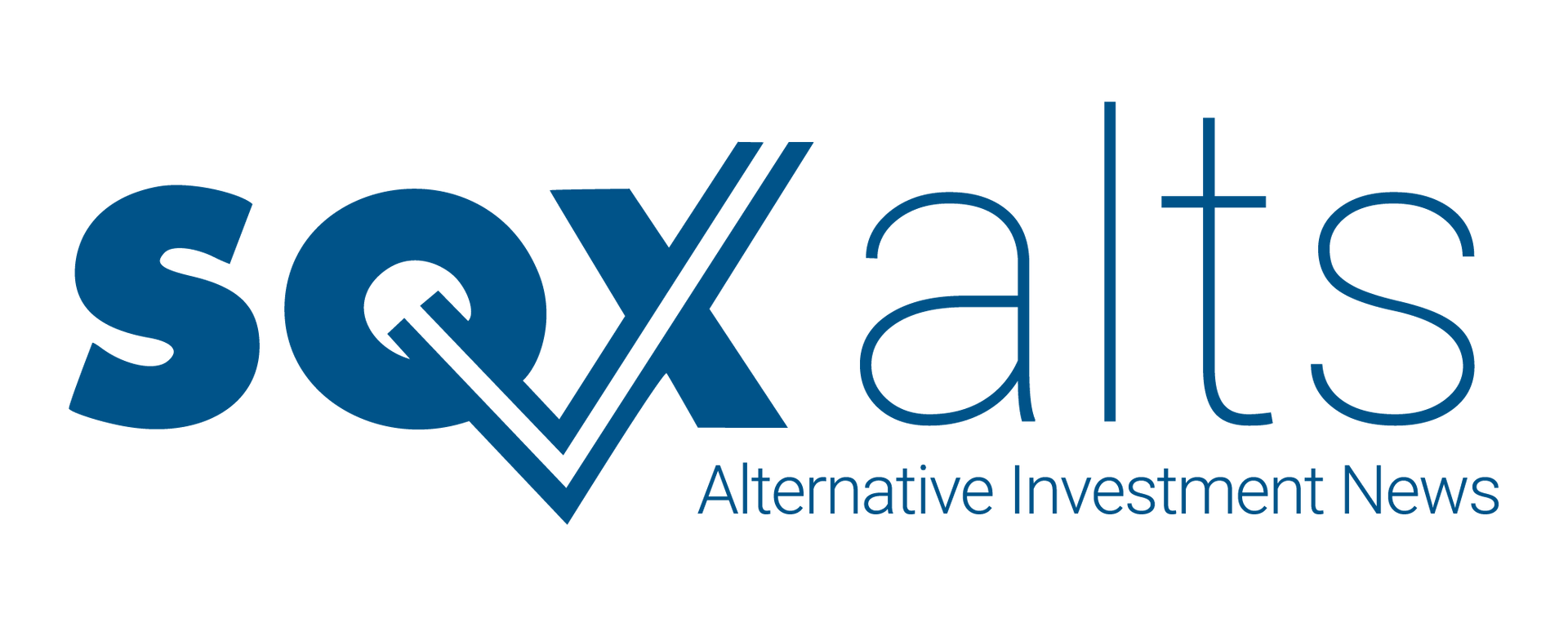Lodging Fund REIT III Posts $23.6M Loss
Despite revenue declines and ongoing financial challenges, the company continued to reduce debt and reposition assets for potential long-term stability.
November 18, 2025

Lodging Fund REIT III closed the third quarter with a $23.6 million net loss for the year to date, driven by lower revenue and a series of balance sheet adjustments. As the company shifted focus toward asset sales, debt reductions, and lender negotiations, the underlying strategy was clear: simplify the portfolio and improve financial flexibility.
Hotel Performance and Operating Metrics
Through September 30, 2025, total revenue reached $50.3 million—down roughly 13% from the same period last year. Room revenue made up the bulk of that decline, with year-over-year comparisons showing a $7.4 million drop. Fewer rooms sold and less favorable rates contributed to the change.
Operating costs didn’t come down at the same pace. Property-level expenses landed at $25.3 million, general and administrative costs hit $8 million, and sales and marketing costs totaled $3.5 million. These categories, along with higher interest expense and an impairment tied to hotels marked for sale, pushed total expenses to $51.5 million. Net loss attributable to common stockholders came in at $16.8 million.
On a per-share basis, the company reported a net loss of $1.67 for the nine-month period, compared to $1.34 last year.
Real Estate Strategy: Sell, Reposition, Repeat
As of quarter-end, the company held 16 hotels—15 directly and one through an equity interest in a leasehold property. Over the past year, Lodging Fund REIT III has been actively repositioning its portfolio. Two hotel sales closed in May, generating $22.8 million in gross proceeds. Three additional properties were classified as held for sale by the end of the quarter, and one more went under contract in early November.
The company also exited several management agreements and transitioned hotel operations to third-party manager Hotel Equities earlier this year. This move consolidated oversight and could reduce related-party exposure over time.
Total assets declined to $248.9 million, down from $278.9 million at the end of 2024, reflecting asset sales and impairments. Cash and restricted cash remained steady at $10.4 million.
Managing Debt in a High-Rate Environment
Debt stood at $151.3 million at quarter-end, down from $175.4 million at year-end 2024. The company prioritized principal repayments, including a full payoff of the Charlotte and Pineville hotel loans, and reduced exposure on other maturing mortgages and lines of credit. While interest costs increased year-over-year, the reductions in outstanding balances helped limit further pressure.
Lodging Fund REIT III also continued to raise capital through private offerings, including Series GO II LP Units and Series P Preferred Units. Together, these offerings brought in $6.4 million in proceeds through Q3. Several of the company’s capital moves were tied to a broader restructuring effort, including a contribution agreement to exchange debt for equity and multiple refinancing discussions with lenders.
Dividend Activity and Investor Returns
No distributions were declared during the third quarter—or year-to-date in 2025. The last round of payments was made for August 2024. For now, cash is being allocated toward debt service, operations, and property transitions. Accumulated deficit reached $130.1 million, up from $112.1 million nine months earlier.
While the company still offers a dividend reinvestment plan and share repurchase options, new investments and capital returns are on hold until financial conditions stabilize.
Looking Ahead
The company has publicly stated that it’s exploring long-term strategic options. This includes the potential for a liquidity event, merger, or asset-level exit strategy. No timeline has been announced. In the meantime, the focus remains on hotel operations, lender negotiations, and balance sheet discipline.
As of the filing date, Lodging Fund REIT III was still actively marketing one hotel for sale and had another property under a signed purchase agreement.
Whether the company moves toward portfolio consolidation or a broader transaction, the current playbook is consistent: reduce liabilities, transition assets, and position for flexibility.
Share
Read More Articles


